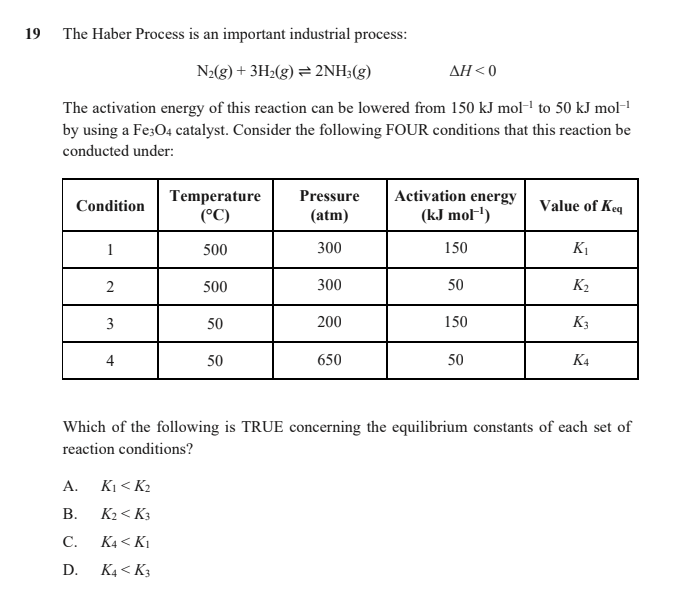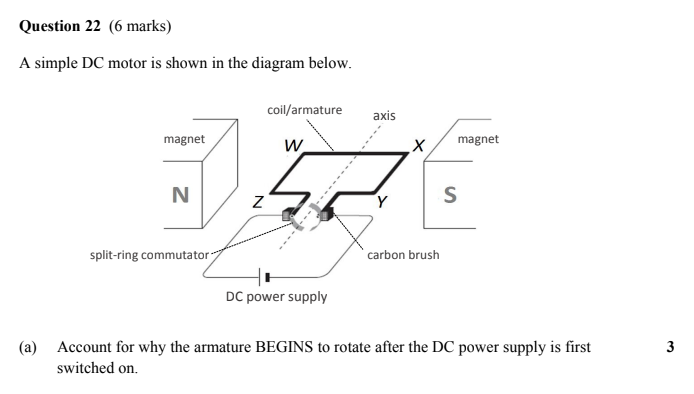The HSC (Higher School Certificate) is a significant milestone in the life of any Australian student. Preparing for the final exams that shape your future is a big deal.
At ACE HSC tutoring services, we can tell you that most students feel as you do now: Year 11 students trying out their first HSC exam are often wondering how to prepare for what lies ahead, and year 12 students are looking to try and improve on their last performance and do better in their final round of exams.
Understanding the exam structure, what to expect, and how to effectively prepare is crucial for the best results. In this article, we’ll break this down for you so you have total clarity when approaching your HSC exams. The HSC exam structure varies between courses, so we’ve broken this down for each subject.
Your HSC Exams: What to Expect
Your HSC Exams will usually consist of the following components:
- Reading time: This is a short period before the exam starts where you can read through your paper but not write. Use this time wisely to take a deep breath and read every question carefully. You can also start to think of or even plan for all the answers, including the questions that may be challenging, so that you can prepare yourself ahead of time.
- Working time: This is the allocated time for answering the questions, and you want to work front to back during this part of the exam. Managing your time effectively during this part of the exam is crucial, so it is important to first establish how much time you have for each section of your exam. We recommend marking each question according to whether you know or don’t know the answer and allocating the minutes you require to answer the question. You can also circle the questions you know and reward more points to remind yourself to show your work and to be thorough.
- The various question types can include:
- Multiple-choice questions: Read your answer options and choose the best one. In the HSC Biology exam, for example, as in the other sciences, the multiple-choice questions will appear first, so you may want to complete these before moving on to any short response questions. When answering these questions, eliminate any options you feel are silly or obviously incorrect and cross them off. Note that the questions will typically increase in difficulty from the start to the end of the multiple-choice section.
- Short-answer or extended-answer questions: This is where a space is provided and marks are allocated to give you an idea of how long your response should be. The short answer questions will generally follow a “cause and effect” structure, using simple key verbs such as “describe” or “explain.” Ensure that you explain concepts logically (stay on the subject and get to the point). In the HSC Physics exam, for example, if you mention any laws, please make sure you write the definitions and include any formulas where relevant. Extended response questions will require longer responses and will hence be broader or more complex, requiring many steps or points to be covered in the explanation. The number of marks is a good indication of what is expected in the answer—a distinct point or explanation would typically be required for each mark.
- Multiple-choice questions: Read your answer options and choose the best one. In the HSC Biology exam, for example, as in the other sciences, the multiple-choice questions will appear first, so you may want to complete these before moving on to any short response questions. When answering these questions, eliminate any options you feel are silly or obviously incorrect and cross them off. Note that the questions will typically increase in difficulty from the start to the end of the multiple-choice section.
- Exam papers: Some subjects may have multiple exam papers, covering different modules or sections of the course.
Understanding the HSC Chemistry Exam Structure
For the HSC Chemistry exam, the total marks are out of 100. It comprises the following:
- Section I: comprised entirely of multiple-choice questions
- Section II: consists of short answers and extended responses.
Don’t rush the multiple-choice section. Even though it is only worth 20 marks and is simple to answer, we recommend practicing on past exams where possible.
You should be aiming for around 1.5 minutes per question. If you find yourself spending longer than 2 minutes on any question, go away and come back to it once you’ve completed most of your exam paper.

With the long questions in Section II, it’s important to use your reading time wisely and read over them a few times so you don’t make any mistakes that’ll cost you precious minutes to fix it up. For this section, aim to allocate 1.5 minutes per mark.
Understanding the HSC Biology Exam Structure
For the HSC Biology exam, it is always structured similarly:
- Part One A is multiple choice.
- Part One B is short answer.
- Part Two is written answers of varied lengths.
Some of the writing prompts in this exam contain a rubric, so you’ll know exactly what information you’re expected to include in your response.
HSC Biology is known for being a very content-heavy subject, so we recommend making flashcards as one study technique to help you recall content actively on exam day. The exams themselves can be content-heavy, with information presented in different ways, such as using tables, graphs, or maps. Something to look over during reading time.
Understanding the HSC Physics Exam Structure
For the HSC Physics exam, it is always structured in the following way:
- Section I consists of 20 multiple-choice questions.
- Section II consists of short answer and extended response questions, which typically include a graph.
The graph question will require you to graph the data presented and apply your knowledge to analyse the data, calculate some unknowns, and assess the result.

More information about preparing for the HSC Physics exam can be found in this blog.
Understanding the HSC Economics Exam Structure
The HSC Economics exam is structured as follows:
- Section 1—Multiple choice—20 marks
- Section 2—Short answer—40 marks
- Section 3—Essay #1—20 marks
- Section 4—Essay #2—20 marks
With so much ground to cover in the exam, we’d recommend that you use your spare time on the essays, but be careful when answering sections 1 and 2, as you don’t want to fly through these sections and make mistakes that will cost you valuable marks! Go back and re-read them before you put your pencil down.
How to Prepare for Your HSC Exams
- Practice past papers: Using past exam papers can help you prepare for your HSC exams. You can download past papers from the NSW Education Standards Authority’s (NESA) website. Engaging with past papers and doing them under exam conditions and with the correct time will help you practice writing quickly and legibly under pressure. Please note that the syllabus changes from time to time, so check that the paper is from the same version of the syllabus as you are studying, particularly if it’s an old paper.
- Develop effective study habits: Create a study timetable, find a quiet study space, and take regular breaks. Add blocks of study time where you can (20-minute chunks at a time are considered the most effective).
- Seek help when needed: Don’t hesitate to ask your teachers, tutors, or classmates for help when you need to.
- Take care of yourself: prioritise sleep, nutrition, and exercise to maintain your physical and mental strength. We have more helpful tips available on our blog to help you set healthy habits for yourself for HSC success in 2024.
Some Final Thoughts From ACE HSC Tutoring Services
Remember, preparation is key to success. With dedication and effective study strategies, you can approach your HSC exams with confidence. Good luck!
Contact ACE HSC Tutoring Services at (02) 9874 7045, email us at admin@acehsc.com.au, or make an enquiry to find HSC tutors near you.
You can also sign up for our HSC Review and Preparation Courses. For more helpful tips on surviving your HSC exams, you can follow our blog.


